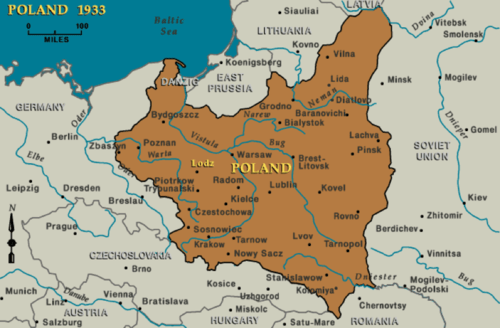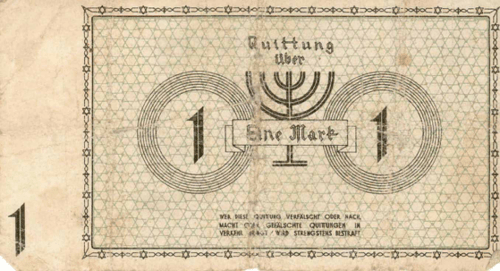“A Shelter to Call Home”: Dreaming of a Better Future
Yedida Kanfer serves as the Coordinator of Education Services at the JFCS Holocaust Center, where she teaches high school students, educators, and the larger community about the Holocaust and patterns of genocide. She also manages the Tauber Holocaust Library. Prior to her position at the JFCS Holocaust Center, Yedida served as a research scholar at the Woodrow Wilson International Center for Scholars, and worked for the United States Holocaust Memorial Museum (USHMM) in Washington, DC. Yedida received her PhD in East European and Jewish history from Yale University in 2011; she was awarded a Fulbright Fellowship (Russia) and a Memorial Foundation for Jewish Culture Doctoral Fellowship. Having studied Russian, Polish, Hebrew, and German languages for research purposes, her favorite language is Yiddish, which she reads and speaks fluently.
In her winning lesson, “A Shelter to Call Home: Dreaming of a Better Future,” students investigate the concept of “home” by reading the story of Rywka Lipszyc, a young diarist in the Lodz ghetto. Through analysis of this newly-discovered text as well as in-person meetings with survivors, students gain greater understanding of Holocaust history in relation to concepts such as ghetto, religious life, and resistance; compare and contrast the identities and roles of women historically and today; develop skills in historical analysis via examination of Holocaust primary sources; and think critically about their own world through studying a period of historical injustice.
“A Shelter to Call Home”: Dreaming of a Better Future
By exploring the diary of Rywka Lipszyc, a young woman in the Lodz ghetto, students will gain an understanding of the main concepts in Holocaust history, and will consider the identities and roles of women historically and today. This lesson is based on material taught to students of the Next Chapter program at the JFCS Holocaust Center.
Overview
Enduring Understandings
- Comparing and contrasting the identities and roles of women historically and today helps us to think critically about the place of women in our own society.
- Reflecting on our own identities can help us develop greater appreciation for the stories and identities of others.
- Studying periods of historical injustice enables us to think critically about today’s world.
Essential Questions
- How are Rywka Lipszyc’s experiences relevant to us today?
- When it comes to Holocaust survivor testimony, why is it important to collect stories from both women and men?
- What does “home” mean to Holocaust survivors and what does it mean to you?
Materials Required
- Paper and pens
- Optional: whiteboard or flipchart paper, markers, arts and crafts materials
Notes to Teacher
The full lesson consists of three classes (correlating to parts 1, 2, and 3 in the lesson plan below), each of which can be taught in sessions of 45 minutes to an hour. However, the first lesson can also be taught independently.
Rywka Diary Website
Rywka diary website (produced by the JFCS Holocaust Center)—optional for both teachers and students
In Our Own Voices
In Our Own Voices: JWA guide for conducting oral history interviews
USC Shoah Foundation YouTube Channel
Oral histories videos accessible through the USC Shoah Foundation YouTube Channel




